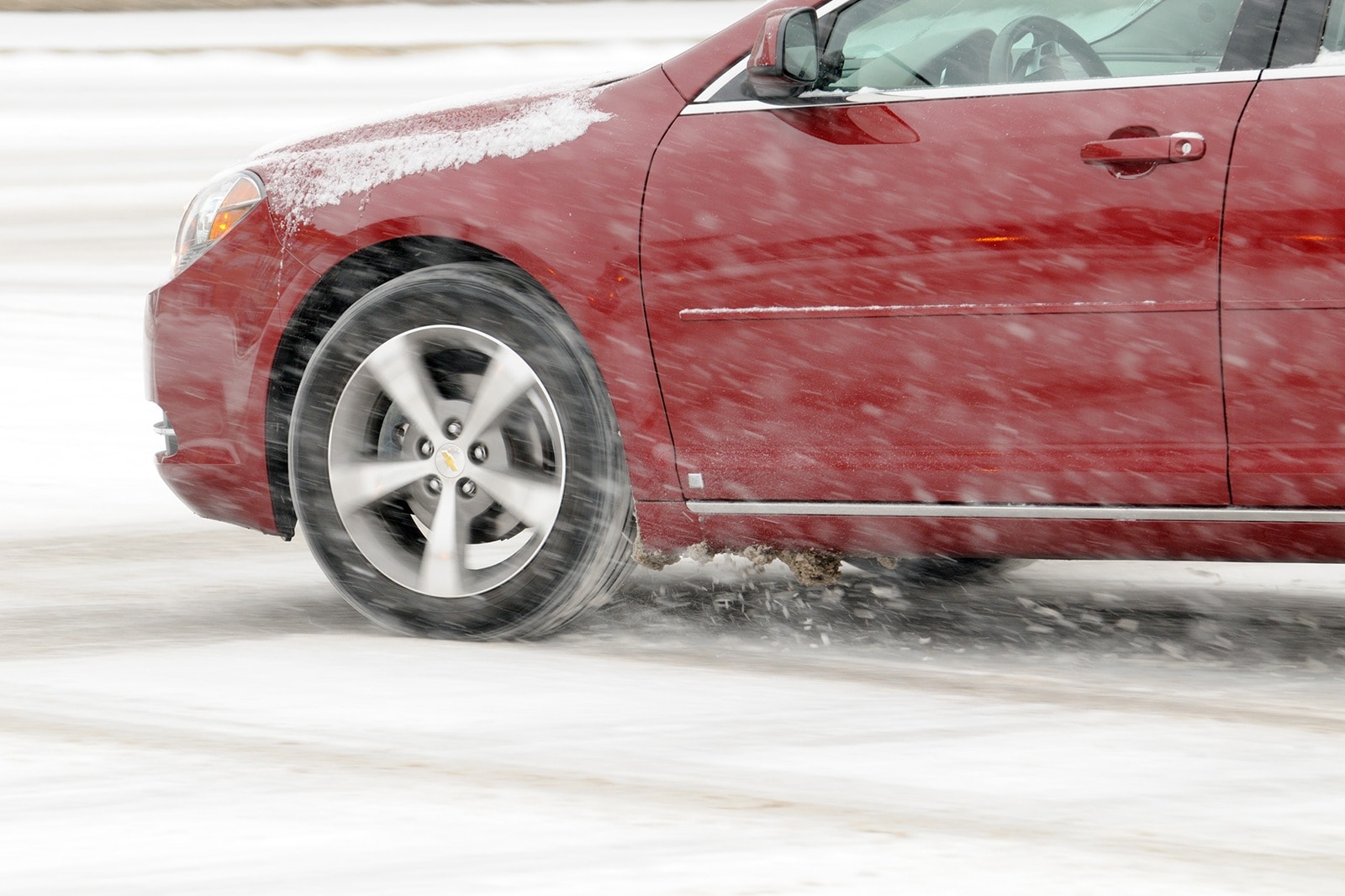Been there and is heaven on earth; was cold but a zero degree sleeping bag was good enough.As a side note:
If you have never been to Yosemite in the winter, GO THERE.
It is so different.
And not as cold as you might think. The valley is fairly protected, and not that high elevation.
View attachment 32972
You are using an out of date browser. It may not display this or other websites correctly.
You should upgrade or use an alternative browser.
You should upgrade or use an alternative browser.
Snow Tires question.
- Thread starter xcaret
- Start date
NanoCrazed
Guest
Yeah. Read up that M+S qualifies. But with el nina this year, thinking extra precaution with true snow tires would be a good thing now...They will let you pass, they let me.
Except that would mean 4 alloys snd 4 dnow tires. Ka ching!
How much would you pay to not wreck your car? And you can buy used/sell when you are done.Yeah. Read up that M+S qualifies. But with el nina this year, thinking extra precaution with true snow tires would be a good thing now...
Except that would mean 4 alloys snd 4 dnow tires. Ka ching!
NanoCrazed
Guest
Yup... that's how i am rationalizing it. Hah.How much would you pay to not wreck your car? And you can buy used/sell when you are done.
Wish it wasn't on top of a brand new front differential and complete rear pads and rotors.
Thoughts:
1) Snow tires are for people that LIVE in the snow region.
If you are just going skiing, you would might put on chains 1 out of every 10 times, and usually just for the pass.
If you are seriously off the beaten path, you must have chains regardless.
2) Build a set of chain install blocks.
Basically, a board, with 2 blocks on it about 1" apart, that you drive on, and the chain is loose in the slot between the blocks.
This makes installing chains like 10X easier, because you can move it all around as you connect it.
3) Spikes spider chains (google it)
Never used them myself, but I hear great things. Takes less than a minute to install/remove.
1) Snow tires are for people that LIVE in the snow region.
If you are just going skiing, you would might put on chains 1 out of every 10 times, and usually just for the pass.
If you are seriously off the beaten path, you must have chains regardless.
2) Build a set of chain install blocks.
Basically, a board, with 2 blocks on it about 1" apart, that you drive on, and the chain is loose in the slot between the blocks.
This makes installing chains like 10X easier, because you can move it all around as you connect it.
3) Spikes spider chains (google it)
Never used them myself, but I hear great things. Takes less than a minute to install/remove.
NanoCrazed
Guest
other thought I have... Nokkian WR G4 ties... rated 3PMSF. all weather.
less stellar summer performance but solid winters... so a balanced option
less stellar summer performance but solid winters... so a balanced option
NanoCrazed
Guest
Spamming here again -- did some more research and thinking...
For folks living in the Bay Area and commuting to Tahoe, it might not be the best option to throw dedicated winter tires on locally and the drive up. The rubber on most winter tires are best for 40F and below. Above this, it gets softer which may impact your maneuvering and a braking between here to outside of Tahoe. Grabbing a 3PMSF rated tires might be the better choice after all.
That said, I'll probably still get a second set of wheels with 3PMSF tires mounted for swapping in so that I can run my summer / all-seasons locally for better day to day driving and handling... and then the all seasons for Tahoe. a bit of an over kill since it's seasons vs all-weather, I know...
For folks living in the Bay Area and commuting to Tahoe, it might not be the best option to throw dedicated winter tires on locally and the drive up. The rubber on most winter tires are best for 40F and below. Above this, it gets softer which may impact your maneuvering and a braking between here to outside of Tahoe. Grabbing a 3PMSF rated tires might be the better choice after all.
That said, I'll probably still get a second set of wheels with 3PMSF tires mounted for swapping in so that I can run my summer / all-seasons locally for better day to day driving and handling... and then the all seasons for Tahoe. a bit of an over kill since it's seasons vs all-weather, I know...
The softer rubber does make the tire wear faster, so I have them for the day I drive up, then take them off when I get back home. This article from edmunds says that snow tires from 20 years ago didn't perform well (failed after one emergency stop) in the dry conditions, but modern snow tires work great in the dry. The bridgestone article agrees that wear is the predominant concern for running snow tires year round. I have found some sources that say wet braking is worse with winter tires than with all seasons but the opposite is true for snow, so the question could come down do how much snow do you expect vs how much rain. I agree most storms bring lots of rain, but I would bet that per mile of road, snowy roads produce a significantly higher rate of accidents than wet.Spamming here again -- did some more research and thinking...
For folks living in the Bay Area and commuting to Tahoe, it might not be the best option to throw dedicated winter tires on locally and the drive up. The rubber on most winter tires are best for 40F and below. Above this, it gets softer which may impact your maneuvering and a braking between here to outside of Tahoe. Grabbing a 3PMSF rated tires might be the better choice after all.
When I leave for Tahoe in the early am, it is often colder than 40F so the mushy rubber is less concern for me in the "warm" parts of the drive. I have pushed my vehicle quite a bit in the dry with my snow tires and my experience matches up that overall performance isn't as good on dry pavement as my fancy summer tires, but the winter tires are safe and effective on dry pavement, and significantly safer on snow. If I had to put a number to it, I would say my braking in my Blizzaks is 85% as good as with my Pilot Sport 4S tires in similar (40ish F) weather, keeping in mind I run a performance summer tire in the PS4S.
Love the discussion! This is making me learn more about tire types I had only previously done small amounts of research into.

What You Need To Know About Winter Tires | Edmunds
With top-quality winter tires on your car, truck or SUV, you're no longer at the mercy of the weather or drivers around you.
www.edmunds.com

Can You Drive Snow and Winter Tires Year Round?
Can you drive on winter tires throughout the year? It might depend on driving habits, but see why it could be worth changing during warmer seasons.
And this is what all of us should aspire our winter driving to look like
NanoCrazed
Guest
Yeah -- this definitely had me doing more research. I need to find a link to motor trend or CR that ran various tests to share.The softer rubber does make the tire wear faster, so I have them for the day I drive up, then take them off when I get back home. This article from edmunds says that snow tires from 20 years ago didn't perform well (failed after one emergency stop) in the dry conditions, but modern snow tires work great in the dry. The bridgestone article agrees that wear is the predominant concern for running snow tires year round. I have found some sources that say wet braking is worse with winter tires than with all seasons but the opposite is true for snow, so the question could come down do how much snow do you expect vs how much rain. I agree most storms bring lots of rain, but I would bet that per mile of road, snowy roads produce a significantly higher rate of accidents than wet.
When I leave for Tahoe in the early am, it is often colder than 40F so the mushy rubber is less concern for me in the "warm" parts of the drive. I have pushed my vehicle quite a bit in the dry with my snow tires and my experience matches up that overall performance isn't as good on dry pavement as my fancy summer tires, but the winter tires are safe and effective on dry pavement, and significantly safer on snow. If I had to put a number to it, I would say my braking in my Blizzaks is 85% as good as with my Pilot Sport 4S tires in similar (40ish F) weather, keeping in mind I run a performance summer tire in the PS4S.
Love the discussion! This is making me learn more about tire types I had only previously done small amounts of research into.

What You Need To Know About Winter Tires | Edmunds
With top-quality winter tires on your car, truck or SUV, you're no longer at the mercy of the weather or drivers around you.www.edmunds.com

Can You Drive Snow and Winter Tires Year Round?
Can you drive on winter tires throughout the year? It might depend on driving habits, but see why it could be worth changing during warmer seasons.www.bridgestonetire.com
And this is what all of us should aspire our winter driving to look like
Good to know your first hand experience... The blizzaks were high on my list... but now also thinking about the Nokkian WR G4s...
NanoCrazed
Guest
@H2OPlayar here's the comparison. Bit dated but most of these tires are still current...


And btw, thanks a lot... all this shop talk got me into getting "essentials " for getting my car snow ready... just a bit of a shopping spree. 3 ton jack not in pic... and picking up a ryobi high torque impact wrench tomorrow. Lol.
Decided probably time to do a full maintenance/ tune-up. On top of getting a set of snow wheels...

And btw, thanks a lot... all this shop talk got me into getting "essentials " for getting my car snow ready... just a bit of a shopping spree. 3 ton jack not in pic... and picking up a ryobi high torque impact wrench tomorrow. Lol.
Decided probably time to do a full maintenance/ tune-up. On top of getting a set of snow wheels...
NanoCrazed
Guest
Alrighty. Finally pulled the trigger in a full set of wheels and snow tires. Went with Nokian Hakkapeliitta R3 SUVs... has great snow and ice handling from tests and reviews plus good dry handling.

